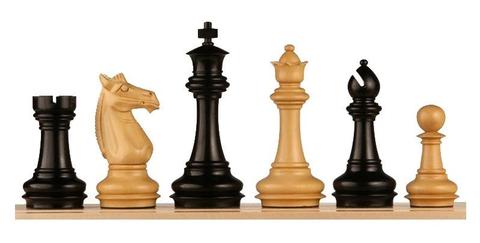“In Chess, Why is the Queen More Powerful Than the King?”
For all the chess lover's in the house, i don't know if you have taken time to ask yourself why the queen in chess was made to be stronger and deadlier than the king.
In chess, the queen has mobility (the crucial barometer of power in the game) but less
value, as the game can continues without her; the hobbled king is relatively power less, but is the most valuable piece without whom the game ceases.
In my quest for answers, i bumped into Marilyn Yalom work, where she has written a brilliant little book about this very paradox and how it came to be: The Birth of the Chess Queen . In her introduction, she asks:
“How did [the chess queen]come to dominate the chessboard when, in real life, women are almost always seen in a position of secondary power? What is her relationship to the other chessmen? What can she tell us about the civilization that created her?”
Reading on trough her work, i discovered three facinating aspect of the answer to her question.
Firstly, the chess board once lacked a queen altogether: early chess included only male figures, the closest thing to the queen being the “vizier.” the appearance of the queen on the board coincided with the Arab invasion of Europe and the Christianization of the game as it took root in lands dominated by the idea of a woman as help meet to a Christian king.
Secondly, the early queen was far from the icon of power she is today. Indeed, according to tenth century chess rules, the queen is second only to pawns in her abject powerlessness on the board – able to move only one step diagonally in any direction (less power than today’s king).
the queen was born of the gender politics associated with the clash between Christianity and Eastern cultures; and gained power in concert with traditions of queenly rule in Europe. But this doesn’t explain the other side of the coin: why the chess king is so vulnerable relative to his counterpart – so (one might say) feminized? Queens may have had greater power in Europe than in other parts of the world, and chess may have been a site for using gender as a cultural marker for civilizational identity, but queens hardly displaced their husbands and fathers as the loci of political authority. Perhaps the chess king’s vulnerability reflects the perception of many men surrounded by strong females that women actually hold the power, even if it’s not wielded through the sword.
I hope you learnt something, even as we play and enjoy the game, lets understand its etymology.
